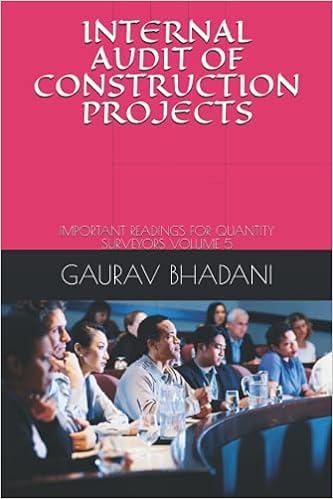Question
QUESTION 22 Gary, an accounting manager, is engaging in budgeting for a long-term investment. He decides to use the payback period as the measure to
QUESTION 22
-
Gary, an accounting manager, is engaging in budgeting for a long-term investment.
He decides to use the payback period as the measure to assess this long-term investment.
The details of the investment are as follows:
...Required investment: $90,000
...Annual cash savings for 5 years: $30,000
Cash savings are measured/recognized at year-end, in line with company policy.
Gary discounts the cash savings for each of the five years, using the discount rate of 10%, and finds that following discounted cash flows are $27,273 for year 1, $24,793 for year 2, $22,539 for year 3, and $20,490 for year 4.
Question
When calculating the payback period for this investment, which of the following statements are true? (Check all that apply.)
Gary can ignore the initial investment of $90,000 in calculating the payback period because the initial investment is irrelevant.
The payback period will be exactly 3 years.
Gary can ignore the discounted cash flows. He may have had fun calculating all of those discounted cash flows, but the payback period measure does not rely on discounted cash flows.
Step by Step Solution
There are 3 Steps involved in it
Step: 1

Get Instant Access to Expert-Tailored Solutions
See step-by-step solutions with expert insights and AI powered tools for academic success
Step: 2

Step: 3

Ace Your Homework with AI
Get the answers you need in no time with our AI-driven, step-by-step assistance
Get Started


